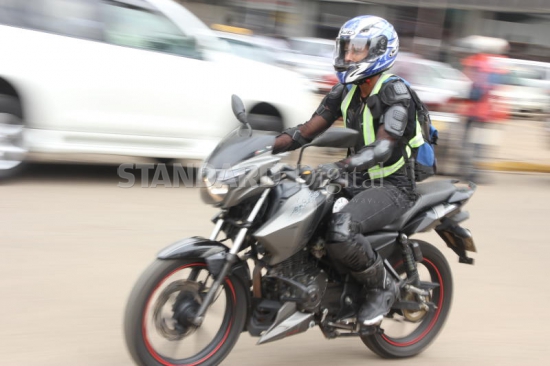×
The Standard e-Paper
Fearless, Trusted News

Nairobi City’s roads are the world’s fourth-most congested, according to International Business Machines Commuter Pain survey in 2011.
The government estimates that traffic jams cost more than Sh59 million a day in lost productivity in the city, or Sh1.8 billion per month. Every month, the city needs about 10.5km of additional car parking area; a distance that approximately spans from Nairobi CBD to Kangemi.